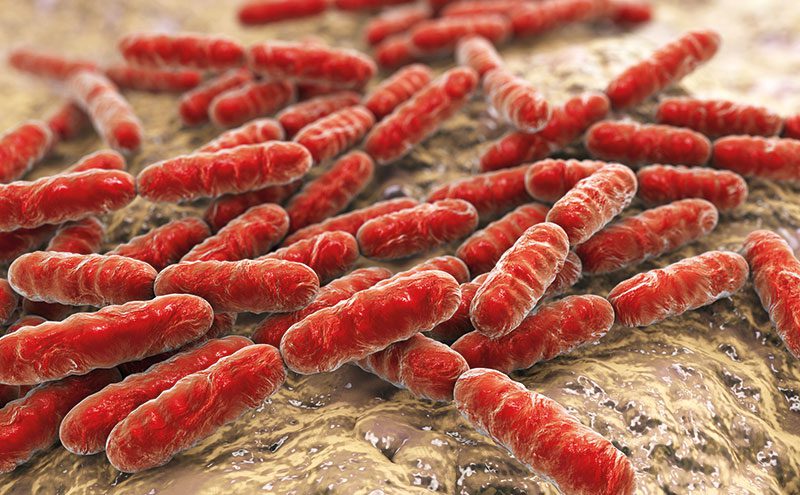
Scientists state they are utilizing AI to establish much better microorganism-led procedures for anaerobic food digestion, with the goal of increasing UK biogas production. The job is being led by the University of Surrey, which has actually been granted a ⤠1.4 million grant by UK Research study and Development.
The research study will examine the effect of utilizing various kinds of waste to feed anaerobic digestors, together with computational tools for site-wide optimisation. Utilizing sensing units from throughout the worth chain and info from tasting the microorganisms, the group will produce virtual copies of the digestors (digital twins), which will make it possible for AI systems to discover the effects of various feedstocks and early indications of modification.
Dr Michael Short, Principal Detective from the University of Surrey’s School of Chemistry and Chemical Engineering and Fellow of the Institute for Sustainability, stated:
” The obstacle of complicated bioreactors are their absence of predictability, worsened by the vibrant environment within digestors– how does each types of microorganism respond to various food and to the other microorganisms around it? However the understanding we’ll obtain from the information going through the digital twin digestor will begin to resolve this unpredictability.”
Anaerobic food digestion is a natural procedure where microbes break down waste without oxygen. It’s utilized for waste management and fuel production. Microorganisms transform products into soluble compounds, which are then changed into gases like methane. It’s utilized to deal with waste, decrease land fill emissions, and create renewable resource through biogas.
The UK’s 650 anaerobic digestors utilize microorganisms to take in waste, primarily from farming and the food supply chain, recording the greenhouse gases which are produced as part of that procedure and cleansing them to produce a carbon-neutral alternative to gas. Developing home-grown biogas like this lowers our reliance on imported fuels and secures the UK from the associated vulnerabilities.
Surrey’s job intends to increase biogas yields by 20% utilizing the exact same inputs, just through the advantages of more understanding and much better predictability of responses.
Teacher Jhuma Sadhukhan, likewise from the University of Surrey, who will concentrate on the ecological effect of all elements of the anaerobic food digestion procedure. She stated:
” If digestors can begin to dependably utilize a broader variety of waste, there are several ecological advantages. For instance, more waste can be developed into important types of energy and transport can be decreased.”
The job includes chemical procedure engineers, professionals in microbial biology, AI scientists and individuals who evaluate the complete ecological effect of procedures. Future Biogas, a little anaerobic food digestion business based at the University’s Surrey Research study Park, will make it possible for real-time tracking in its reactors.
Denise Cysneiros, Head of Bioprocess and Optimisation at Future Biogas, stated:
” We hope this research study will assist us optimise the feedstock usage in our anaerobic digestors and enhance predictability of how the reactors will act. It can likewise be a beneficial tool to enhance versatility and increase the variety of feedstock we can utilize. This might suggest lower greenhouse gas emissions and our expenses decreased. We believe there is a chance to increase our success.”
The financing becomes part of UKRI’s ⤠13m financial investment in expert system research study to make it possible for the UK’s net no target.
The University of Surrey is a research-intensive university, producing world-leading research study and providing development in mentor to change lives and alter the world for the much better. The University of Surrey’s Institute for People-Centred AI integrates over thirty years of technical quality in the field of artificial intelligence with multi-disciplinary research study to respond to the technical, ethical and governance concerns that will make it possible for the future of AI to be really people-centred. A concentrate on research study that makes a distinction to the world has actually added to Surrey being ranked 46th worldwide in the Times College (THE) University Effect Rankings 2023, which evaluates more than 1,500 universities’ efficiency versus the United Nations’ Sustainable Advancement Objectives (SDGs).